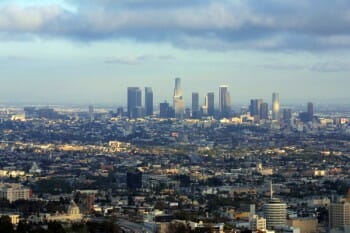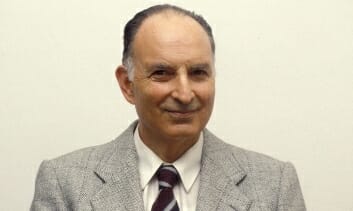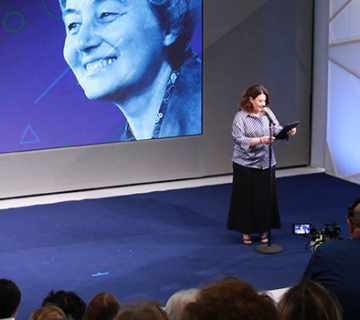 «The modern world with its secularism, has moved away from God because […] it had not received sufficient explanations on the fact that man was God, had been divinised, and was not only dependent on an estranged and remote being: it was in a mysterious manner another small God, due to its participation in the divine nature through Jesus’s life, and particularly through the Eucharist.
«The modern world with its secularism, has moved away from God because […] it had not received sufficient explanations on the fact that man was God, had been divinised, and was not only dependent on an estranged and remote being: it was in a mysterious manner another small God, due to its participation in the divine nature through Jesus’s life, and particularly through the Eucharist.
When I reconsider some of Marx’s writings, in which he negates the value of religion precisely because it alienates man, making him a stranger to his own self, exactly because it makes him depend on something that is external to himself, I think that if he had only known that man finds his divinisation and thus his independence in the trinitarian sense, he would never have come to think the way he did.[…]
The same goes also for Hegel, from which Marx drew inspiration; the same can be said of the immanentists, all those who negated God in order to uphold man, up to Sartre, Camus and so on. Sartre had said: «there cannot be a God, because if so, I would not exist,» precisely because he would crush me. This is not so since God who became man, made you God, making you share his divine nature.[…]
Day by day we see how none of humanity’s problems can be resolved singularly, and neither by particular groups nor national groups. The problems now have to be resolved in a collegial manner, giving rise to that unity Jesus had brought. And we know that this unity can rarely be created without a spiritual life.
In short, it is by creating a community of bodies that a community of persons is created, and this is only possible if these persons are nurtured by something which harmonises them tas one. This something may, in a remote sense, be science, or the research man has initiated. But what most of all creates unity is Man par excellence, that is, Jesus. He is the one who makes us men and makes us a community. […]
The Eucharist, on one hand, is an immense mystery. On the other, it is a banquet which is a natural convergence of human fraternity. […]The Eucharist is the soul, and must become the soul of this sociality.»
Excerpt of: Luce che si incarna, comment on the 12 points of the spirituality, Pasquale Foresi, New City 2014, pp.107-109


 Italiano
Italiano Español
Español Français
Français Português
Português




bellissimo! da vivere